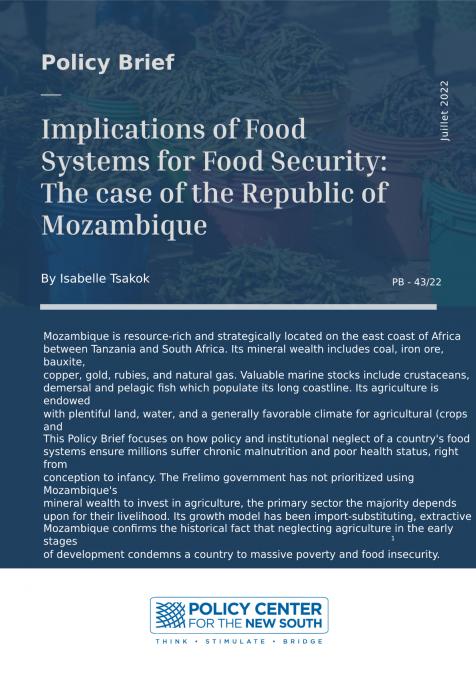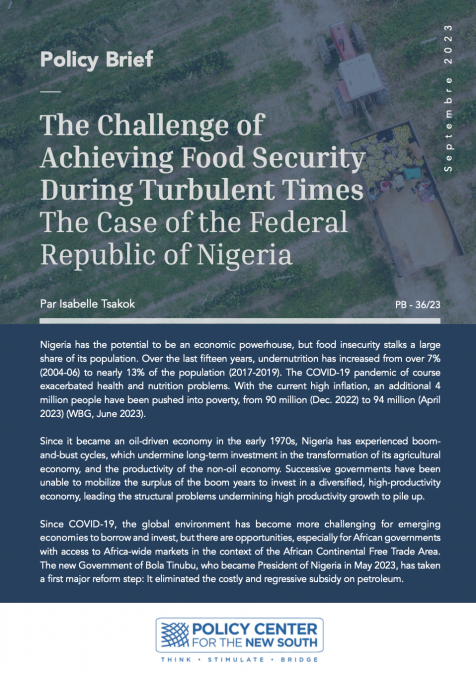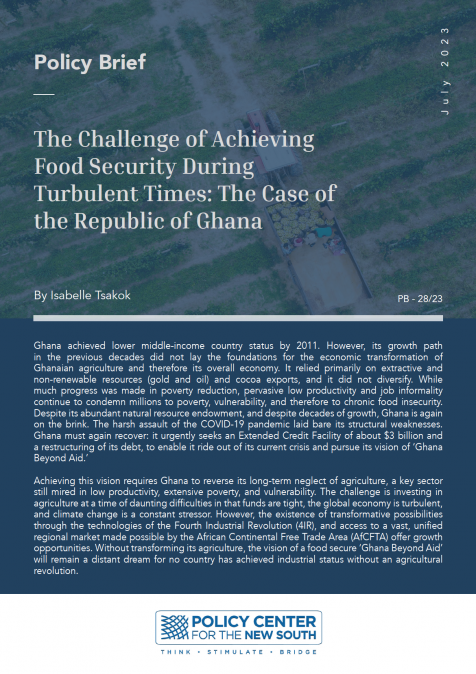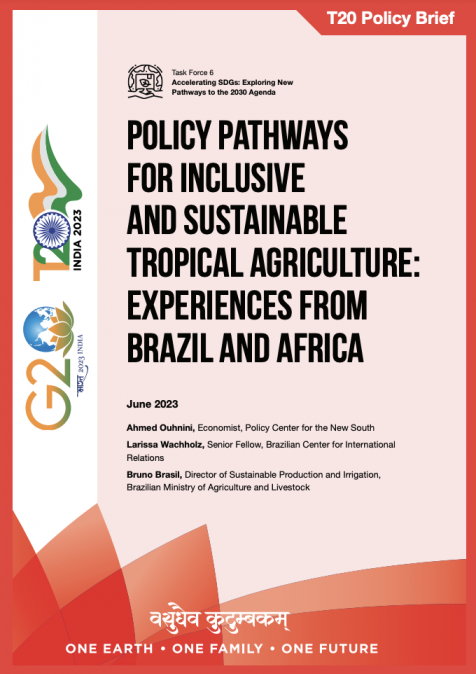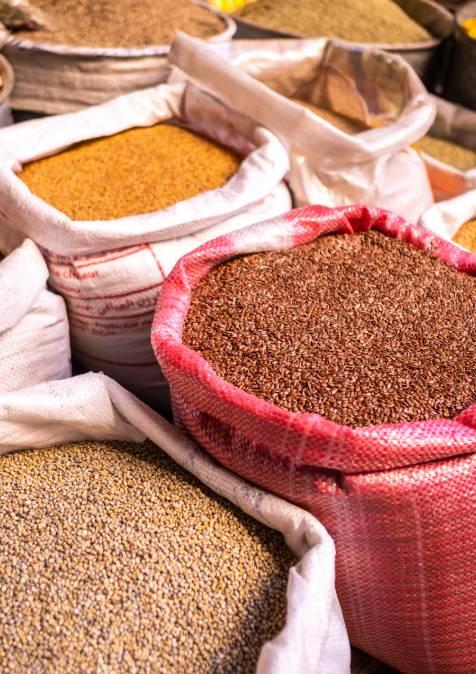Publications /
Policy Brief
Implications of Food Systems for Food Security: The case of the Republic of Mozambique Mozambique is resource-rich and strategically located on the east coast of Africa between Tanzania and South Africa. Its mineral wealth includes coal, iron ore, bauxite, copper, gold, rubies, and natural gas. Valuable marine stocks include crustaceans, demersal and pelagic fish which populate its long coastline. Its agriculture is endowed with plentiful land, water, and a generally favorable climate for agricultural (crops and livestock) production. Yet, its agriculture cannot produce enough surplus, thus trapping the vast majority of rural people in grinding poverty.
This Policy Brief focuses on how policy and institutional neglect of a country's food systems ensure millions suffer chronic malnutrition and poor health status, right from conception to infancy. The Frelimo government has not prioritized using Mozambique's mineral wealth to invest in agriculture, the primary sector the majority depends upon for their livelihood. Its growth model has been import-substituting, extractive industrialization first.
Mozambique confirms the historical fact that neglecting agriculture in the early stages of development condemns a country to massive poverty and food insecurity.

